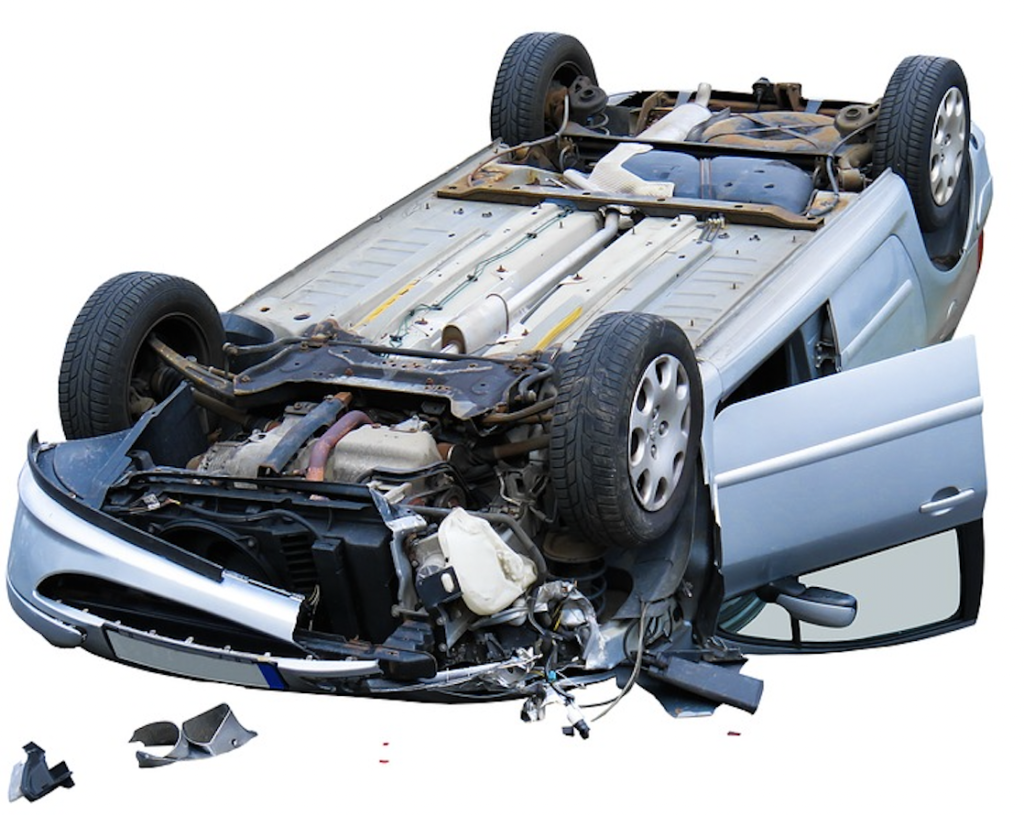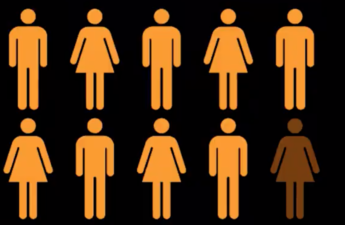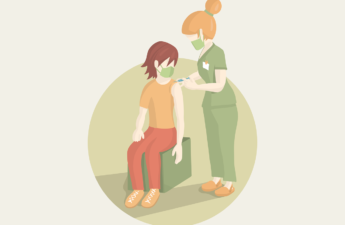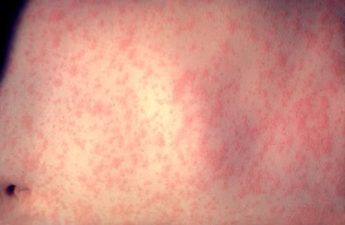
By Lawrence Wilson | The Center Square contributor
(The Center Square) – Traffic fatalities are at a 20-year high in the Evergreen State, and the Washington Traffic Commission has a new strategy to reduce the trend. The approach, known as proactive public safety, centers on public education to establish a culture of safe driving practices.
Washington had 633 fatalities in 2021, a 16% increase according the WTC.
That mirrors a national trend. Highway fatalities increased nationwide in each of the last two years after a seven-year period of decline, according to data from the National Highway Traffic Safety Administration.
However, the rate of fatal crashes in much of the nation declined significantly in the second half of 2022, according to NHTSA. Yet Washington’s death rate continued to trend up in the first three months of this year and could reach as high as 800, according to an Axios projection.
Rather than attacking the problem by ramping up enforcement, the WTC aims to call residents to work together to reinforce safe behavior, according to the WTC website.
The approach, known as proactive public safety, was developed by the Center for Health and Safety Culture at Montana State University. WTC says that it has been effective in increasing seat belt use in Utah.
This community-based approach asks safe drivers to collectively encourage others to use safe travel practices. The call will be publicized through a public information campaign titled “Together We Get There.”
“Simple things we each can do will have a big impact in saving lives,” WTSC Director of External Relations Mark McKechnie said in a statement. “We drive distraction-free, put away mobile devices, and encourage others to do the same.”
McKechnie hopes this simple approach will save lives.
”The increase in deaths on our roads is tragic, but we all have the power to reverse the trend,” he said. “We can turn the tide and make this a safe summer. Take an extra step and help someone close to you be safe, too. It’s as simple as reminding them to buckle their seat belt or put their phone away when they drive.”


